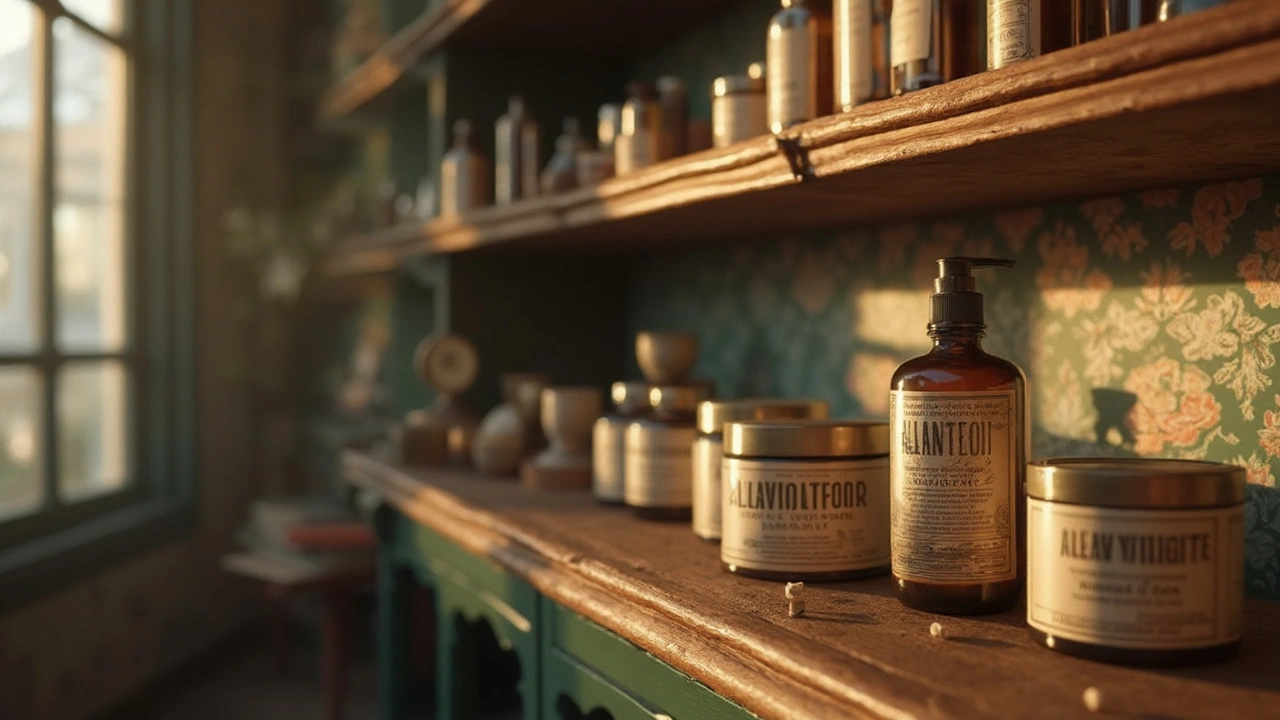Skin Repair: Practical Steps to Heal Faster and Reduce Scars
Got a fresh cut, sunburn, or a stubborn scar? You don’t need expensive treatments to get better results. Small choices every day—how you clean a wound, what you put on it, and how you protect it from the sun—make the biggest difference. Here are clear, useful actions you can use right now.
Quick steps after an injury
First, stop the bleeding with gentle pressure. Rinse the area under clean running water for a minute or two—no scrubbing. Avoid hydrogen peroxide and rubbing alcohol for regular cleaning; they kill cells that help skin heal. After rinsing, pat dry and apply a thin layer of petroleum jelly or an antibiotic ointment. Cover with a sterile dressing or bandage and change it once a day or when it gets wet or dirty.
If a cut is deep, keeps bleeding, or has dirt that won’t come out, see a clinician. Also get checked for animal bites, puncture wounds, or if the injury was caused by a rusty object—these sometimes need stitches or a tetanus shot.
How to reduce scars and help tissue rebuild
Once skin closes, protect it from the sun. UV light darkens scars and makes them last longer—use SPF 30+ every day on healing skin. For new scars, silicone gel or silicone sheets are proven to help flatten and fade them over weeks to months. Apply as directed, usually for several hours a day.
After the wound is fully healed, gentle massage with a fragrance-free cream can break up tight scar tissue. Start small—2–3 minutes a day of circular motion with light pressure. For older or raised scars, topical retinoids or professional treatments (steroid injections, laser, or microneedling) can help, but talk to a dermatologist first.
Don’t overlook what you eat. Collagen is the building block for new skin, so aim for enough protein at meals. Vitamin C helps the body make collagen—fresh fruit, peppers, and leafy greens are good sources. Zinc also supports healing; include nuts, beans, or lean meat. Staying hydrated speeds cell repair, so drink water regularly.
Some supplements like collagen peptides may help in some people, but results vary. If you take pills or use prescription meds, check with your provider before adding supplements—interactions do happen.
For everyday skin repair after minor burns or sun damage, cool water, aloe vera gel (pure, with no added alcohol), and moisturizer are solid choices. Avoid picking scabs—letting them fall off naturally keeps new skin intact and lowers scar risk.
Watch for signs of infection: spreading redness, increasing pain, warmth, pus, swollen glands, or fever. If you see any of these, get medical help. Also see a doctor if a scar grows beyond the wound edge, is painful, or limits motion—those are cases where treatments can really change the outcome.
Healing skin takes time. Follow simple daily steps—clean well, keep moisturized, protect from sun, eat well—and you’ll give your skin the best chance to repair itself with minimal scarring. If you’re unsure, a quick consult with a pharmacist or dermatologist can point you to the right product or treatment.
Allantoin: Your Skin's Best Friend for Repair and Soothe
Allantoin acts as a vital ingredient in the skincare world, known for its remarkable ability to soothe and repair damaged skin. This article explores how allantoin provides relief and promotes healing, making it a favorite in many products. Discover practical uses, fascinating facts, and everyday tips to ensure your skin gets the care it deserves. Whether you're dealing with dry, irritated patches or just looking to maintain a healthy complexion, learn how allantoin can make a difference. Dive into a comprehensive guide that offers real insight and solutions for your skin's needs.
read more